The main building of the Prinzregententheater is an impressive combination of Art Nouveau and Classical architectural elements: eyes and ears are pampered, decoration and function merge into a sensual unity. From all seats in the magnificent auditorium there is an ideal view of the proscenium and the stage. The acoustics of the Prince Regent Theater are highly praised and come into their own at concerts. The amphitheatrical auditorium has 1029 seats in the stalls and six boxes, each with nine seats. The height-adjustable orchestra pit offers space for up to 95 musicians.
From 1900 to 1901, the Prince Regent Theater was built by Max Littmann based on the Bayreuth Richard Wagner Festival Hall and opened on August 21, 1901 with "Die Meistersinger von Nürnberg" by Richard Wagner. Over time, the stage was used in a variety of ways, in the summer months for the Richard Wagner Festival, from 1919 to 1944 also by the Bavarian State Theater as spoken theater.
A great era of the house began after the Second World War, when it housed the Bavarian State Opera from 1944 to 1963. Unforgettable names such as Hans Knappertsbusch and Sir Georg Solti, Astrid Varnay, Erika Köth and Hans Hotter are inextricably linked with the Prinzregententheater. The Munich people's love of their "democratic" opera also stems from this period, as there is excellent visibility and acoustics from all seats. In 1963 the house was closed due to dilapidation.
With the help of many private donations and above all thanks to the initiative of August Everding, it was able to be reopened in January 1988 with a partial repair designed as a "small solution" - a playing area in front of the iron curtain - and the restoration of all areas accessible to spectators. However, the stage consisted only of a makeshift small playing platform. In 1996 the stage area was renovated and a retractable orchestra pit was added. Finally, on November 10, 1996, there was a ceremonial reopening with "Tristan und Isolde".
Since 1993, the Prinzregententheater has been home to the Bavarian Theater Academy August Everding with courses in acting, musicals, opera, direction, dramaturgy, theater, film and television criticism, stage design and costumes and make-up. In addition to the Big House, the Academy's up to 50 productions per year are shown in the Academy Theater, which can accommodate a maximum of 300 visitors, and in the Academy Studio, which can accommodate a maximum of 100 visitors.


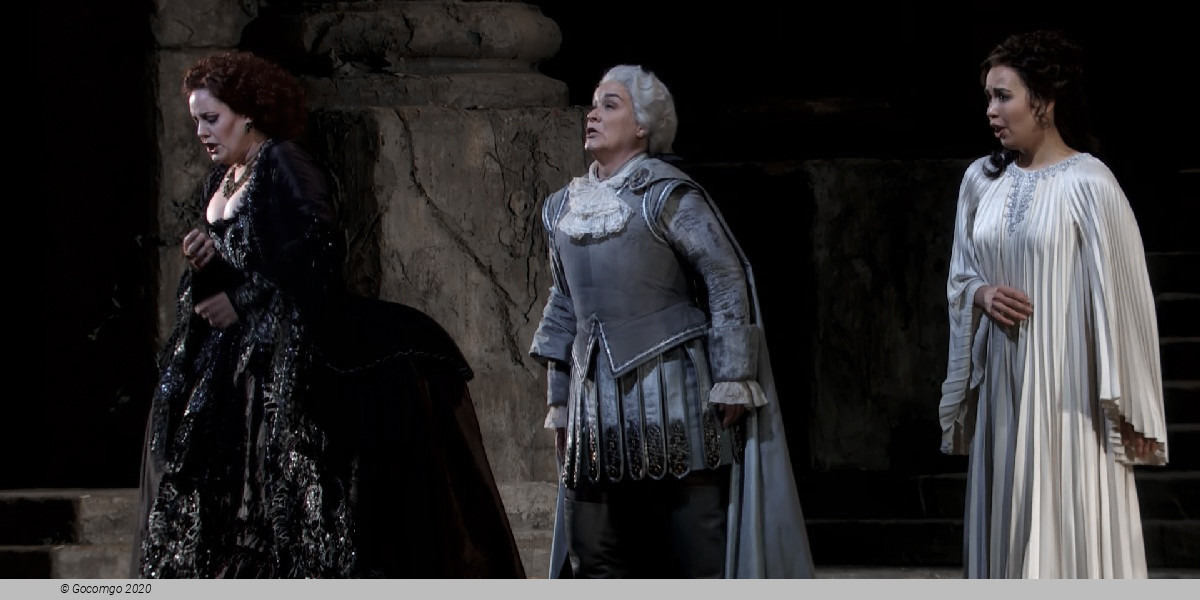
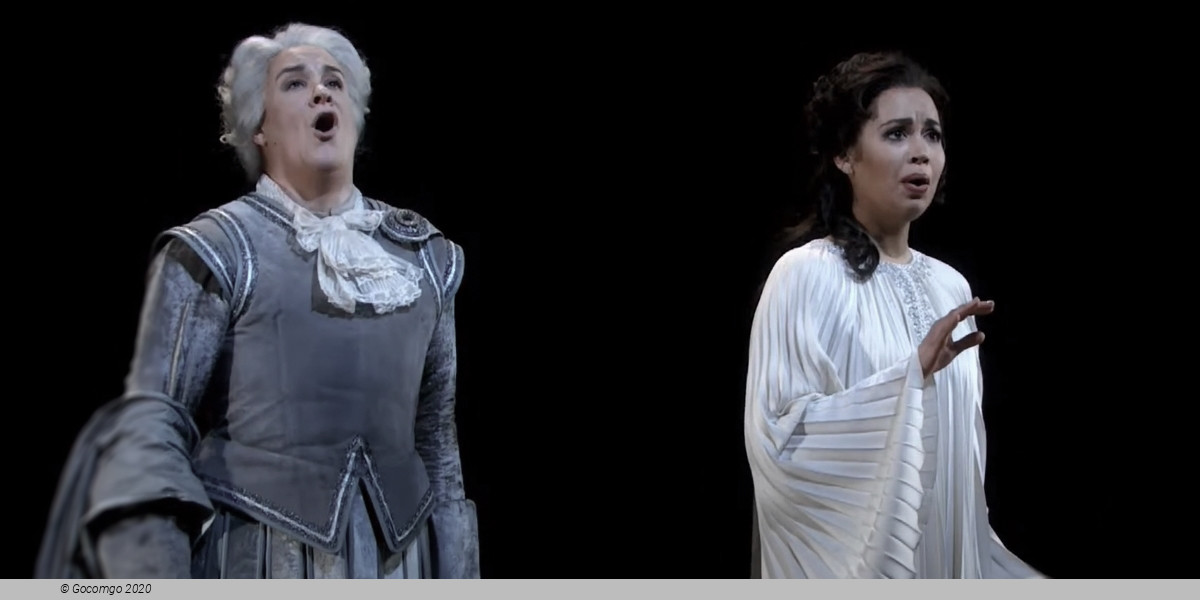
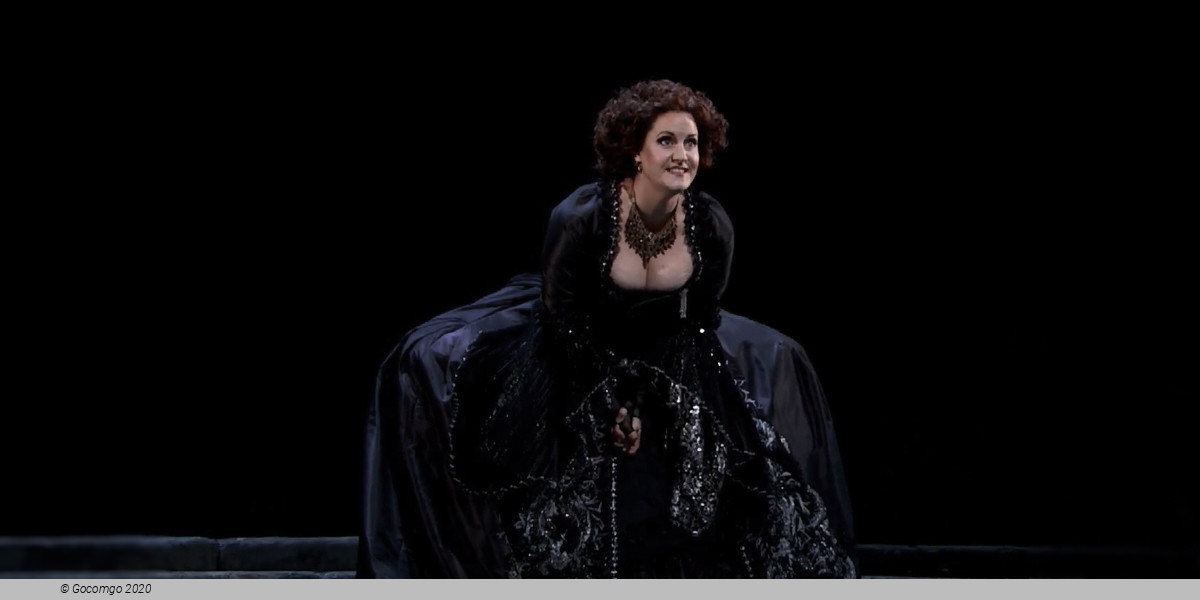
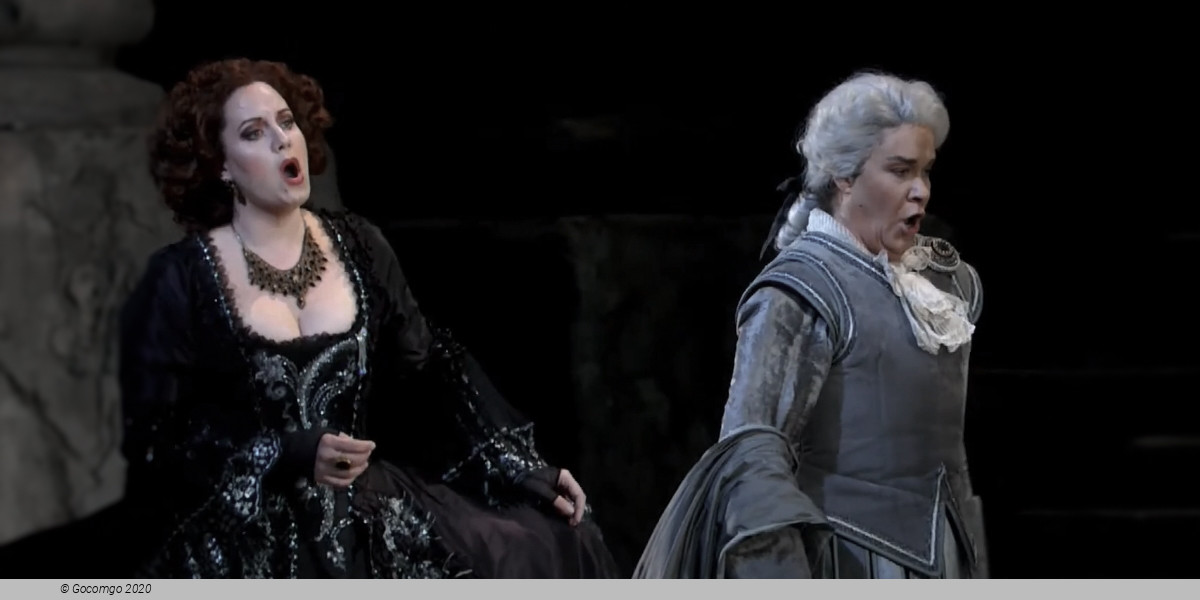
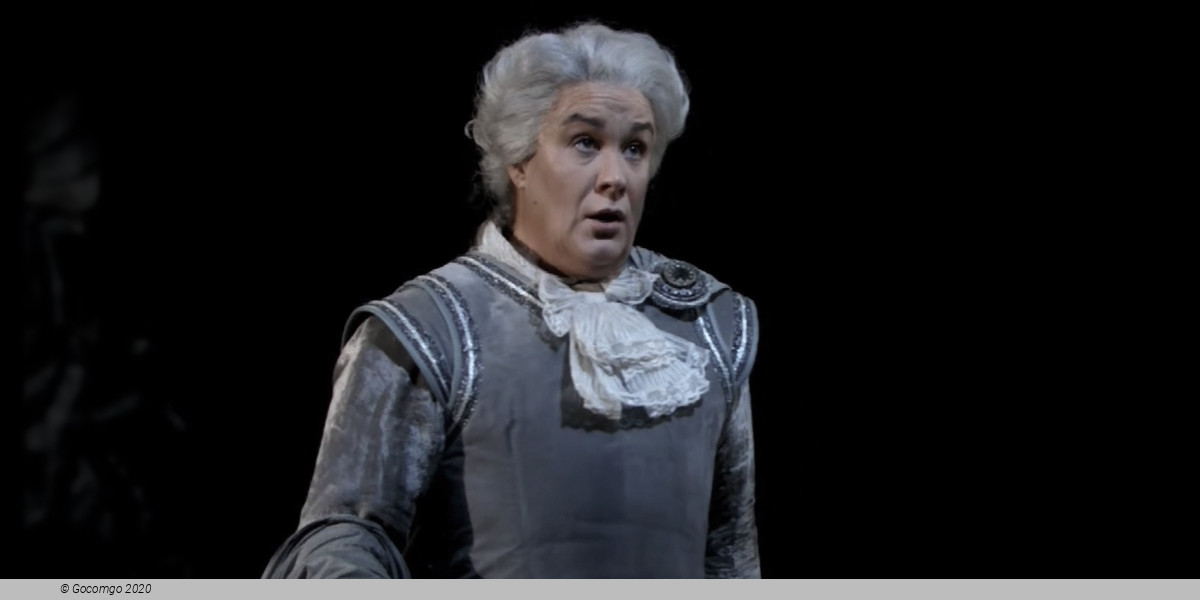
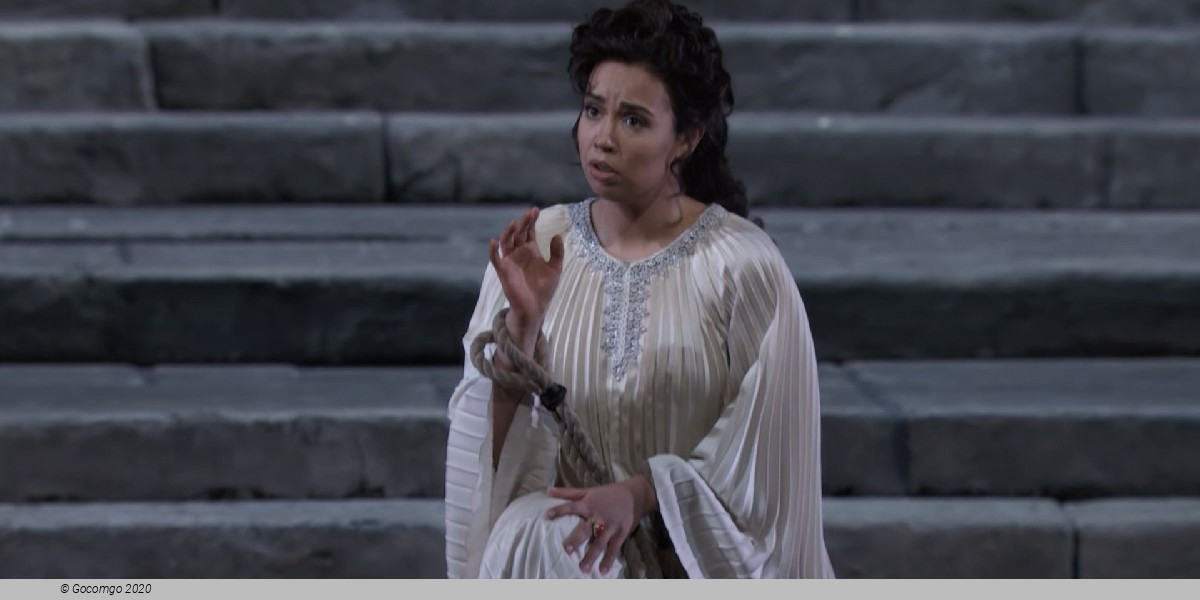
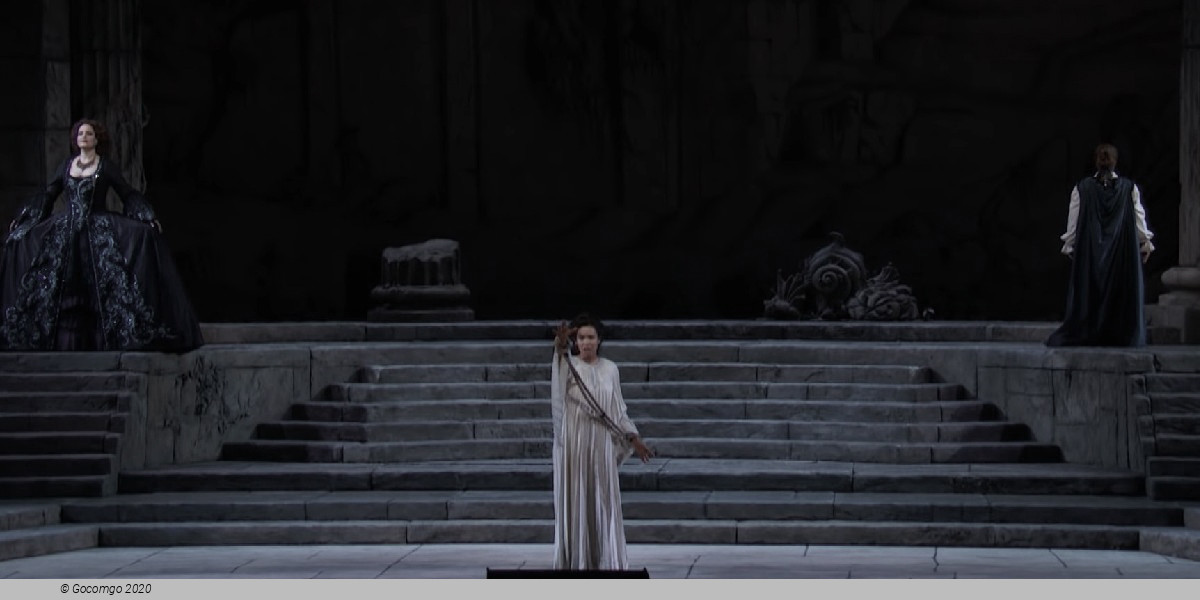
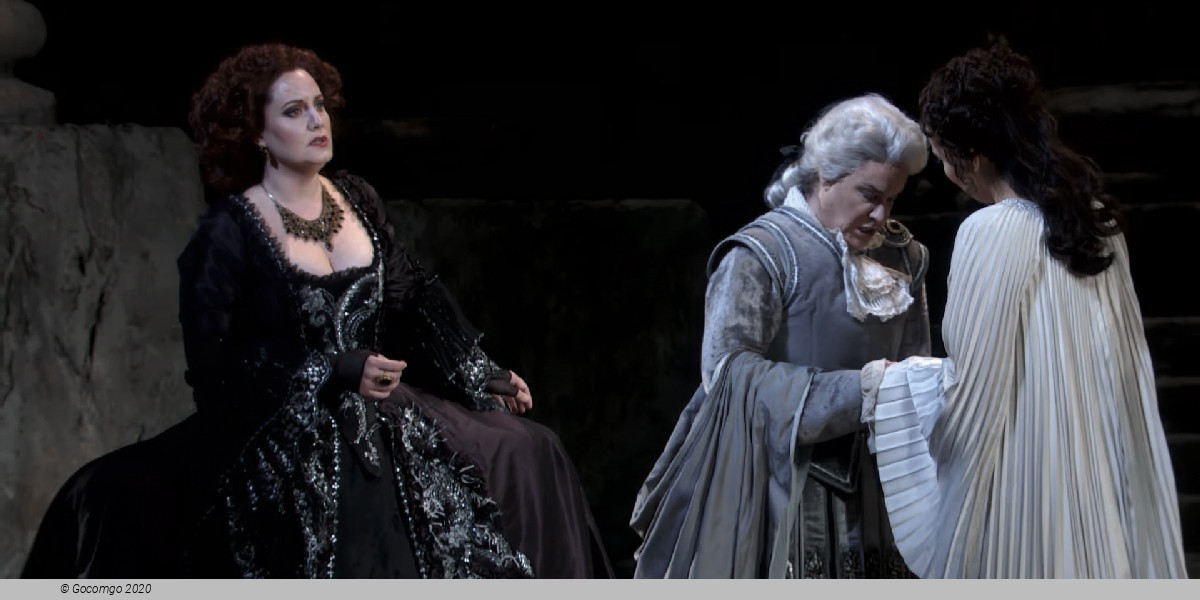
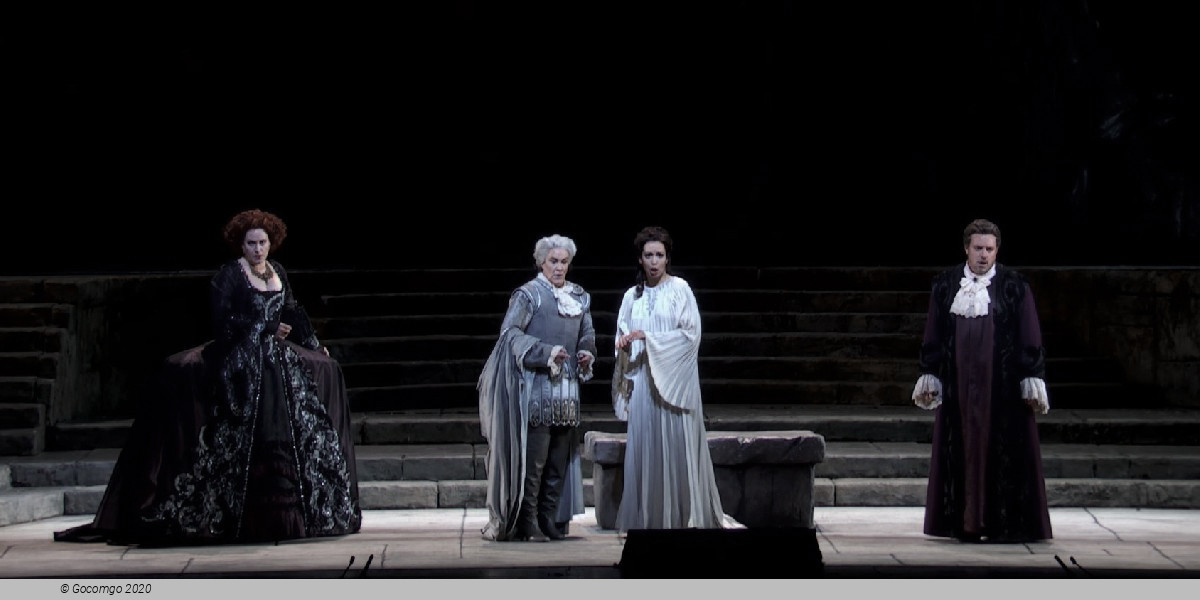
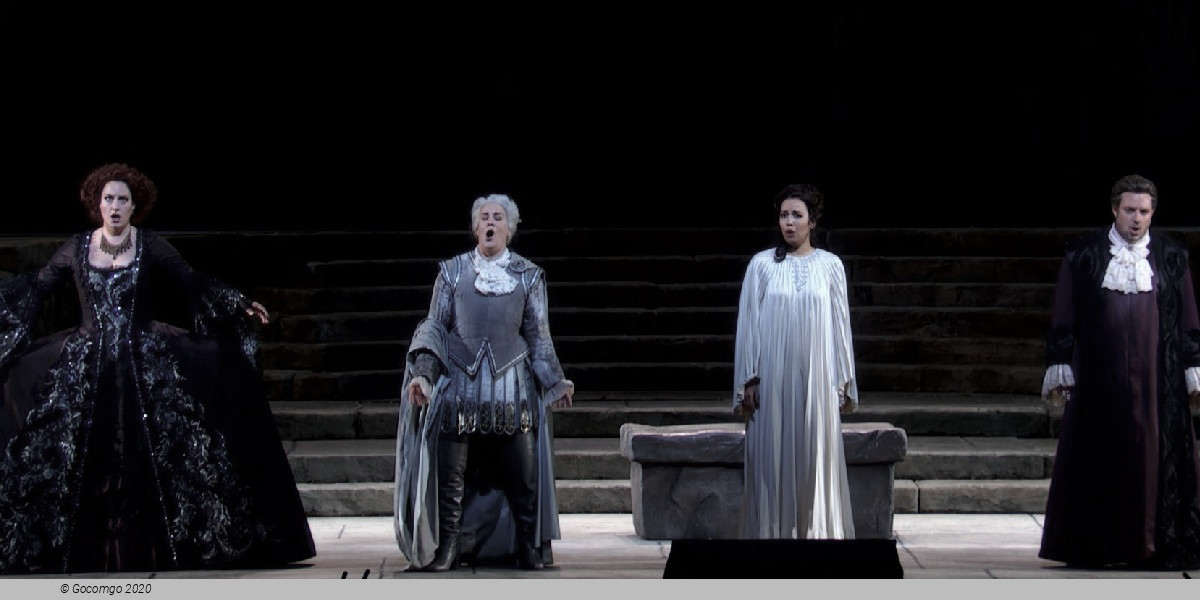
 Prinzregentenpl. 12
Prinzregentenpl. 12